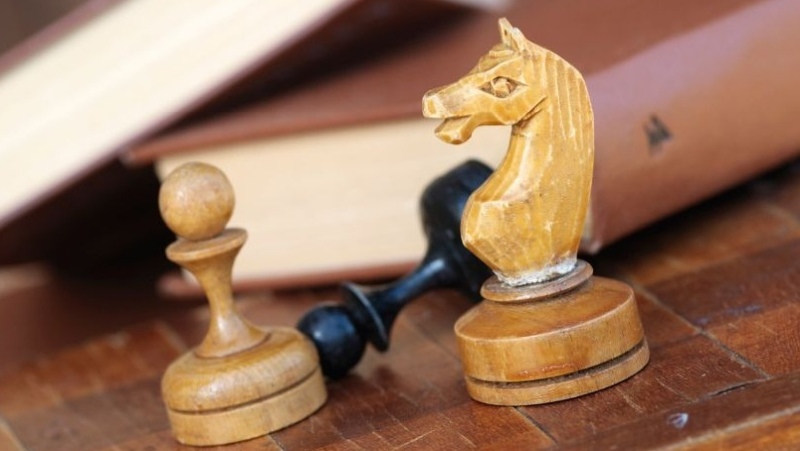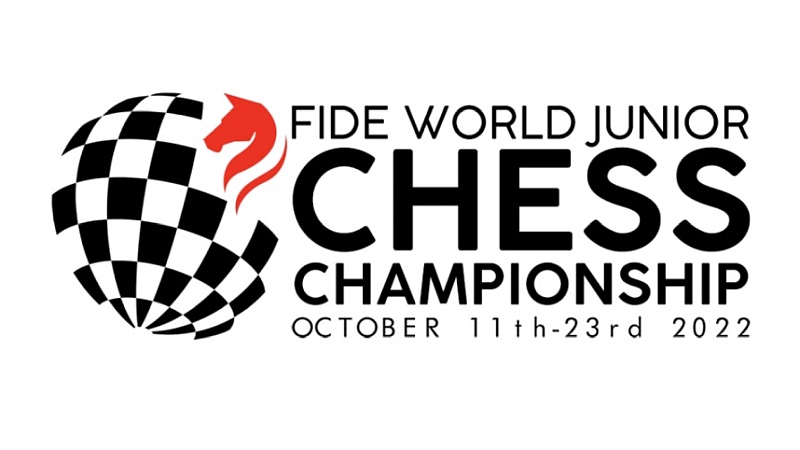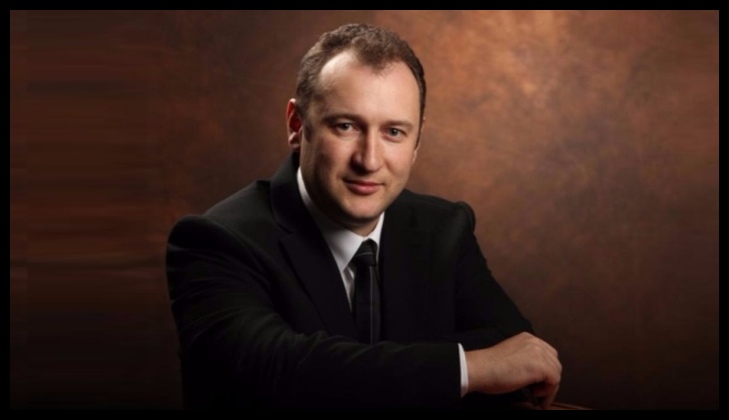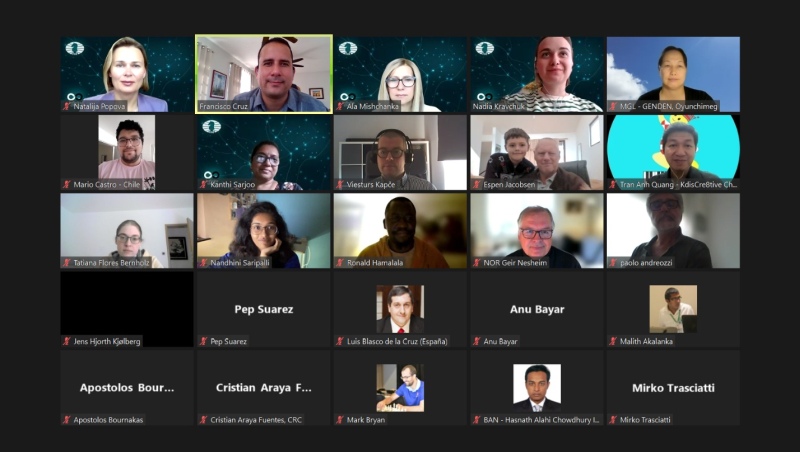Shortlist for FIDE Book Awards 2022 announced

Once again the FIDE Trainers Commission has received an excellent selection of nominations by leading chess publishers for the Yuri Averbakh & Isaac Boleslavsky Book Awards 2022. After long deliberation, the judges have now narrowed their choices to ten books that you will find below: Leading in number this time are Elk & Ruby and Quality Chess, with three nominations each. Elk & Ruby: Masterpieces and Dramas of the Soviet Championships: Volume II (1938-1947) by Sergey Voronkov, Selected Games by Peter Romanovsky and Eight Good Men: The 2020-2021 Candidates Tournament by Dorian Rogozenco. Quality Chess: Magnus Carlsen’s Middlegame Evolution by Ivan Sokolov, Winning by Nigel Short and The Secret Ingredient by Jan Markos and David Navara. Thinkers Publishing is following closely with two books: Miguel Najdorf – ‘El Viejo’ – Life, Games & Stories by Franco Zenon and The Sinquefield Chess Generation – Young Guns at Work! by Alex Colovic. The shortlist also includes Independent’s Forgotten Genius: The Life and Games of Grandmaster Albin Planinc by Georg Mohr and Adrian Mikhalchishin and New In Chess’ How to Study Chess on Your Own by Davorin Kuljasevic. A Knight without a Castle by Robert Katende (Most Inspiring Story – Of Hope and Triumph), Chess & Brain. Art and Science by Adolivio Capece, Razvan Sandru, Stefano Salis, Zachary Mainen (Chess as Art & Science) and Los Colores del Ajedrez (Chess in Education book) deserved a special mention. By the end of the month the panel of judges will deliberate and agree together on the three final awardees, with the winner being announced no later than two weeks after the publication of the shortlist.
FIDE World Junior Chess Championship kicks off in Cala Gonone, Sardinia

The 2022 edition of the FIDE World Junior Chess Championship started at the Palmasera Resort in Cala Gonone, Sardinia. Both Open and Girls under 20 Championships are 11-round Swiss tournaments with classical time control. The open event brought together 120 participants, including 13 GMs, from 55 countries competing for the most prestigious junior title. Topping the initial rankings is GM Andrey Esipenko, who will surely be in the limelight. In the women’s section, 66 players representing 45 national federations, including four WGMs, are battling for glory, with Bulgaria’s IM Nurgyul Salimova leading the starting list. After the technical meeting in the morning, where the arbiters instructed the heads of delegations and players on the rules and behaviour expected in this major event, the chair of the organizing committee, GM Roberto Mogranzini, welcomed the participants. At the beginning of the opening ceremony, FIDE’s and Italian National anthems were played, followed by the speeches given by Lorenzo Antonelli, Vice President Italian Chess Federation; Danilo Mallò, President of Regional Committee of Sardinia; Bernardino Luigi Carotti, Alderman of the Municipality of Dorgali and Ozgur Solakoglu, FIDE delegate. Lorenzo Antonelli and Ozgur Solakoglu made the first ceremonial moves on board 1 in the open section (GM Andrey Esipenko vs IM Medina Galaviz) and the tournaments took off. The live broadcast with WGM Keti Tsatsalashvili and GM Eugeny Miroshnichenko commentating on the games is available on FIDE’s YouTube channel. Official website: fideworldjunior2022.com
Konstantin Landa (1972-2022)

FIDE is deeply saddened to hear of the passing of our colleague Konstantin Landa, at the early age of 50. Konstantin was a much-respected member of the chess community. A strong GM, he was a passionate coach, as well as a member of our Fair-Play Commission. Born in Omsk, he stood out as a very promising talent in his early years, which earned him the opportunity to be trained by Evgeny Sveshnikov and also attend several training camps at the Botvinnik chess school. In one of these camps, he defeated the World Champion Garry Kasparov at the age of 13. He was the junior vice-champion of the USSR in 1989, and he won the Russian junior championship in 1992 after the collapse of the USSR. He became a Grandmaster in 1995. However, having graduated from the University, he took a job in the IT department of a bank, and for several years he juggled his day job with occasional participation in chess tournaments, where he showed his class. After moving to Germany in 1999, he went back to chess as a full-time professional, and in 2007 he reached his peak rating of 2678. Landa became a FIDE Senior Trainer in 2011, and for years he was one of Germany’s leading trainers. He was a long-term coach of Arkadij Naiditsch, but he also played an important role in coaching other top players such as Alexandra Kosteniuk, Evgeny Alekseev, and Daniele Vocaturo. More recently, he worked with Alexandra Goryachkina, and he was his second during the Women Candidates tournament in Kazan, which she won in brilliant style, and the Women’s World Championship match against Ju Wenjun (along with Najer and Rublevsky). He was also a coach for the Iranian national team and the Azerbaijan and Kazakhstan Women’s teams. Konstantin Landa co-authored the book “The Complete Manual of Positional Chess” (2017), which presented a complete set of instructions and tips for trainers and self-improvers. In 2012, he made a comprehensive proposal for anti-cheating measures to the FIDE Trainers Commission, based mainly on his vast experience at team competitions. His proposal was widely supported by the chess community and adopted by FIDE. His strong stance towards fair play, combined with his IT background, made Landa a perfect candidate to be a member of the ACP and FIDE fair-play commissions, where he continued to provide invaluable input. Our thoughts go out to his family, friends, and the many teammates and players he coached over the years. Photo: Konstantin Landa’s personal archive
Chess for Children with ASD: third education seminar conducted

On October 9, 2022, FIDE, together with FIDE Social Commission, held the 3rd FIDE Educational Seminar of Infinite Chess Project, “Chess for children with an autism spectrum disorder. Learn and teach”. This year eight new partner countries joined the project: Australia, New Zealand, Bangladesh, Malaysia, Maldives, Albania, Latvia, and Morocco. First and foremost, the seminar was designed for teachers from these new partner federations. However, the organizers decided to make it open for everyone to enable all teachers or parents working with children with ASD to benefit from it. Dana Reizniece-Ozola, FIDE Managing Director and Anastasia Sorokina, the Infinite Chess Project leader, warmly welcomed the participants from 55 countries. Hosted by the project coordinator Nadia Kravchuk, the seminar brought together teachers and researchers with practical knowledge in the field. Evguenia Charomova, Bachelor of Science, Masters in speech therapy, Speech-Language Therapist (New Zealand), spoke about the strong sides of autism and how to deal with the disorder. Karel van Delft, chess teacher, coach, and Science Project Manager in Chessable science (Netherlands), shared his experience from chess projects for kids with ASD. Ala Mishchanka, a special needs educational assistant with more than 15 years of experience (Canada), spoke about her practical takeaways from teaching kids with ASD. Kanthi Devi Sarjoo, a speech and language therapist at Brown’s School (South Africa), also talked about her experience and the impact of implementing the pilot Infinite Chess project. Natalia Popova, WIM, FIDE Trainer, author of Infinite chess methodology, and the leader of the two-year-long project teaching chess to children with autistic spectrum disorder (FIDE) shared her invaluable experience and knowledge of working with ASD kids and gave a detailed overview of her unique methodological program. This program is suitable for groups of students with ASD, mixed groups, inclusive education, individual lessons, and at-home schooling. It is translated into Russian, English, French and Spanish languages, and we’re proud to share it. Please visit the project website infinitechess.fide.com/ to download the program free of charge. These materials can serve as an excellent practical guide for trainers and parents.

